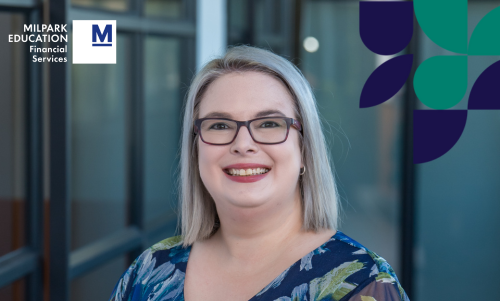As a country, we must stop reverse engineering the future based on outdated models. Instead, we must redesign our inputs to address the root causes of our challenges: poverty, inequality, failing infrastructure, broken trust, and unemployment. Anticipatory thinking must replace reactionary responses. It's not about predicting the future; it's about preparing for it with intention and resilience.
The IRMSA Risk Report 2025/2026 is more than a report. It is a manifesto. A provocation. A promise. It calls on every leader, every organisation, and every citizen to participate in building a future worth inheriting.
We are a country defined not by the crises we face, but by the courage with which we confront them. The blueprint has been handed to us. Dawn is coming. But it is through everyday actions, from the boardroom to the classroom, from community leaders to public servants, that we will light the way forward.
As IRMSA and all its contributors remind us: the risks are real. But so is the potential. And so are “we the people”.

![Umbraco.Cms.Core.Models.MediaWithCrops`1[Umbraco.Cms.Web.Common.PublishedModels.Image]](/media/c4nm3zew/marisa-grundling3.png)